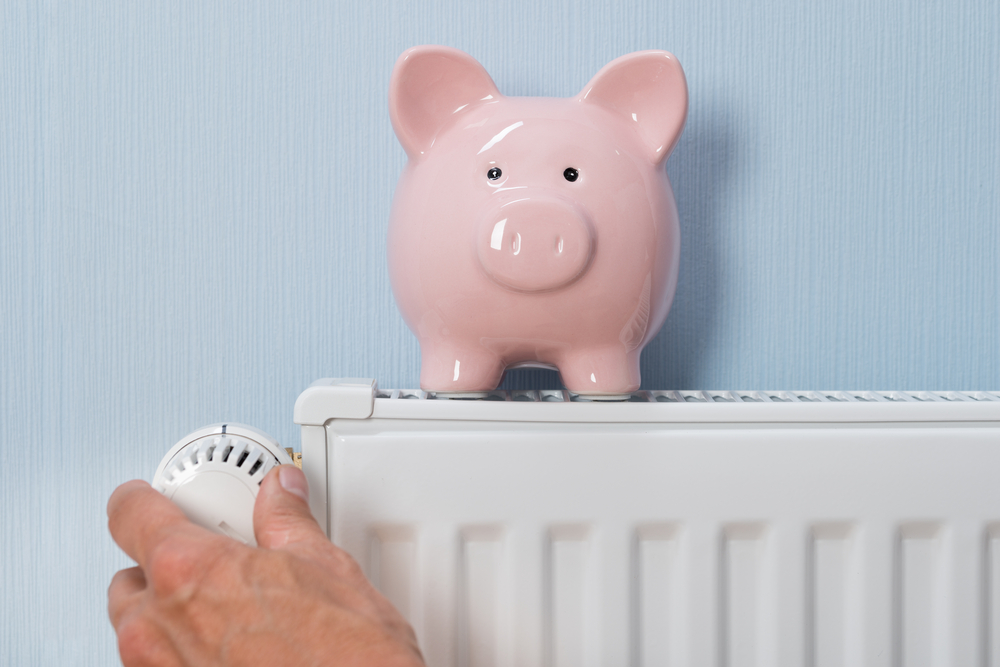Household Bills
Energy price cap predicted to fall to lowest level

The energy price cap for customers on expensive default tariffs is predicted to fall to its lowest level since it was introduced, saving the average household £65 a year.
Ofgem will announce the next change to the price cap on 7 February, with the new level coming into force from 1 April.
Experts predict the cap will fall due to a drop in wholesale prices.
According to auto-switching site Switchcraft, wholesale gas prices are 20% lower than they were when the price cap was last set, so the cap should fall to around £1,114 for credit customers and £1,167 for prepayment customers. This would be the lowest the price cap has been since it was introduced in January 2019.
In total, default tariff customers would save around £65 each while prepayment meter customers would see annual savings of around £30. Collectively, Brits would save £615m if the cap were lowered by this amount.
The energy price cap is set bi-annually and limits how much suppliers can charge for each unit of gas and electricity for customers on standard variable (default) tariffs and pre-payment (safeguard tariff) meters.
The default tariff cap stands at £1,179 until 31 March 2020. A price cap for pre-payment meter customers was introduced in April 2017 and is currently set at £1,217.
‘Cap gives false sense of security’
The energy price cap sets a maximum price that suppliers can charge, but not a maximum bill. The amount customers actually pay depends on how much energy is used and where they live.
As such, customers should always shop around and compare deals to ensure they’re paying the best price for their energy as the most competitive deals on the market could see savings of between £200 and £300.
Alex Dickson, head of research at Switchcraft, said: “As wholesale prices continue to drop, we should expect the energy price cap to follow suit. And if this trend continues, we could see suppliers marketing energy deals below the £800 per year mark – something unheard of in recent years.
“Many households are under the impression that the price cap will stop them overpaying for energy. Unfortunately, the reality is quite different. The cap only affects those on default tariffs – typically the most expensive on the market. These same customers can find deals £200 to £300 cheaper than the cap by shopping around or using a switching service.
“The problem with the cap is it gives a false sense of security to millions of customers that are already forking out hundreds of pounds a year in unnecessary costs. Also, it seems ridiculous that customers on prepayment meters have a higher cap level – given they are the most likely to be experiencing fuel poverty.”
